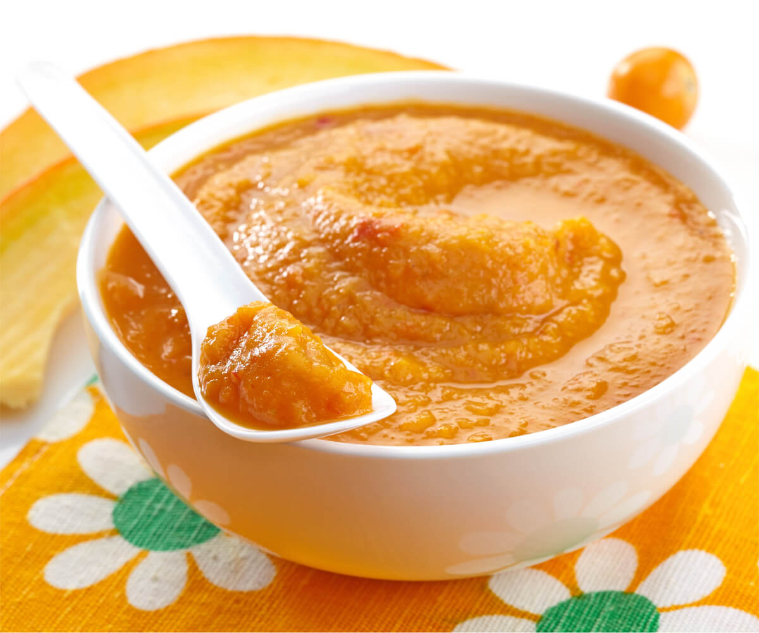Gastric bypass diet Perth
What you need to consider after a gastric bypass
Food for thought: eating after bariatric surgery
The first two weeks after your gastric bypass, your diet will entail consuming high protein fluids. It’s recommended that you have five to six meals a day to ensure you meet your nutritional needs and make sure you drink slowly. Remember, you don’t have the stomach capacity for large meals or to eat or drink quickly, so each meal should take you 30 to 40 minutes. You must avoid alcohol and carbonated drinks and limit the amount of coffee you drink.
Over the next two weeks, you’ll slowly move to pureed foods, including soups, pureed casseroles, and yoghurt. By week five you can start to introduce soft foods, such as flaked fish, scrambled eggs, soft vegetables, and even well-cooked stews. And by week six you can return to a normal healthy diet, but maintaining small portions.
You will need to take supplements throughout your life, particularly calcium, to ensure you get the nutrients your body needs. This is when you can count on our multi-disciplinary team here at The Surgeons Collective, to offer you genuine care and support, and to work with you so you can implement new and healthy habits after your weight loss surgery.
Improving outcomes after bariatric surgery
Even before you go in for surgery, your bariatric surgeon will recommend a low-calorie diet, typically with medically recommended shakes, to lessen the risks of the operation by reducing your liver size and fat tissue around your stomach.
Remember that even with these careful steps, your stomach will be very swollen after your surgery. So it’s important that you strictly adhere to your gastric bypass as recommended by your dietitian. You then can upgrade slowly over 6 weeks before returning to normal textures of foods.
Can a gastric bypass diet reduce dumping syndrome?
What you eat after surgery is not only essential to keeping the weight off but also to reduce some of the side effects of gastric bypass, such as dumping syndrome. While dumping syndrome is not life-threatening, it can result in cramping, nausea and vomiting, diarrhoea, lightheadedness, and a rapid heart rate -- all very unpleasant for the patient. These symptoms can result from excess consumption of oily, fatty and sugary foods.
Our Perth bariatric surgeons and dietitians at The Surgeons Collective will guide you through the process both before and after bariatric surgery. By working with a team of skilled professionals and following a careful gastric bypass diet, you can significantly reduce post-operative complications and begin your journey to achieving and maintaining a healthy weight.
Make an appointment

About the author
Gemma Gilbert | Dietitian
Gemma is an Accredited Practising Dietitian and has been working in clinical dietetics for over 12 years. She has also completed a Diploma of Management.

